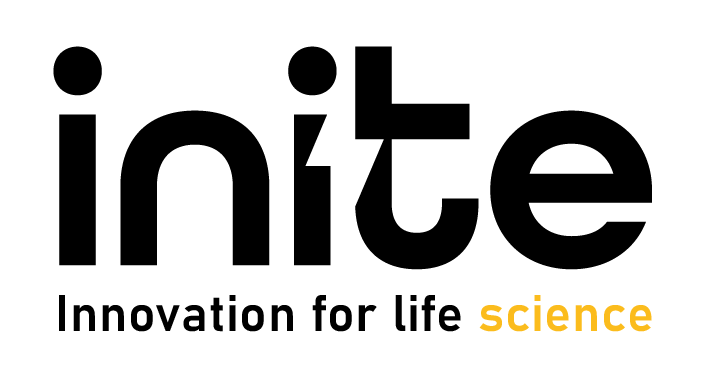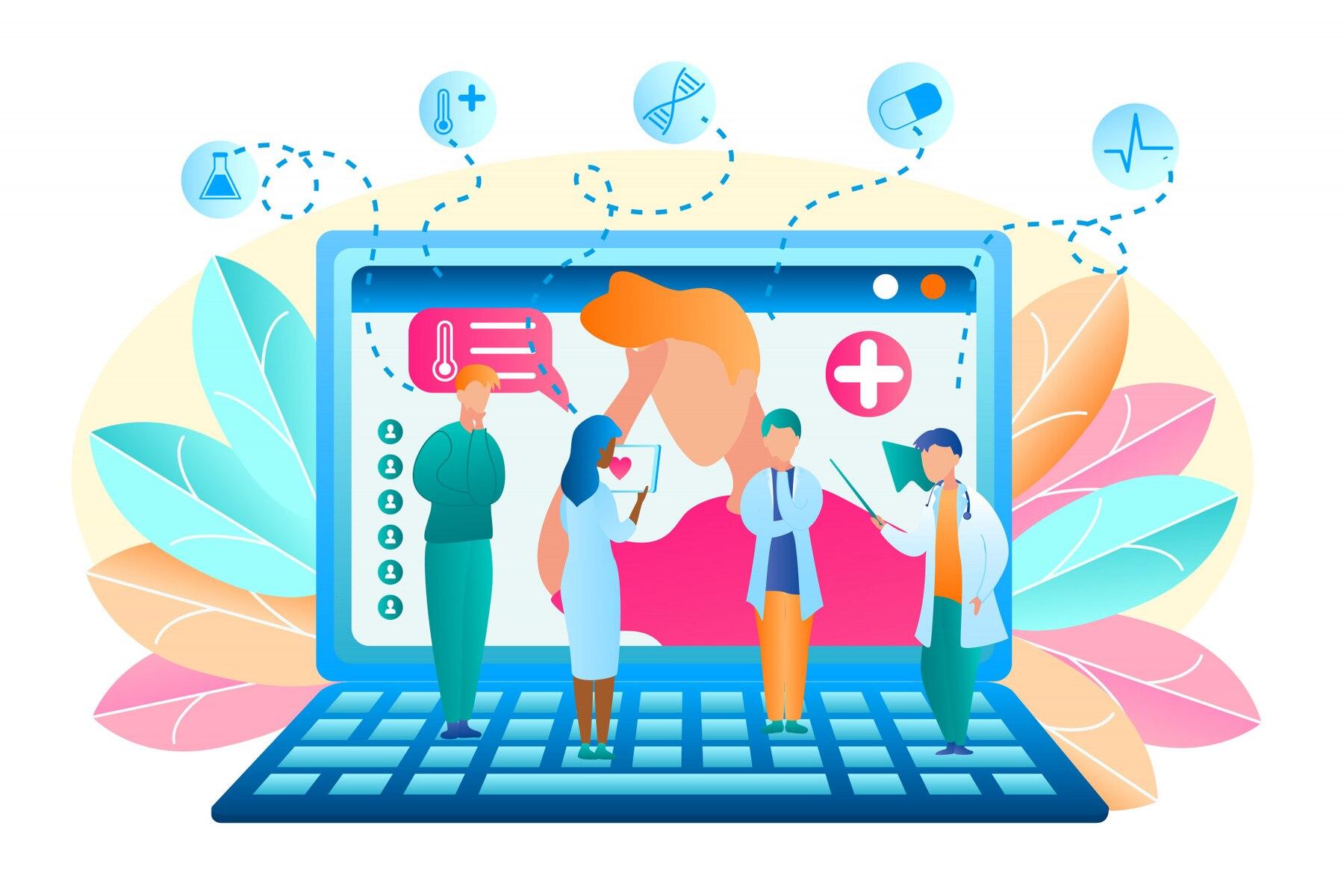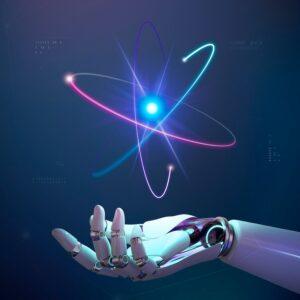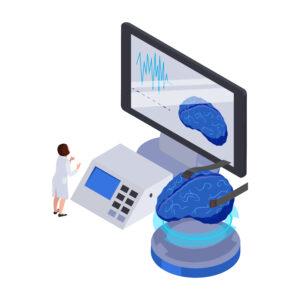In the rapidly evolving landscape of healthcare, technology plays a pivotal role in shaping the future of patient care, administrative efficiency, and medical research. One technology that is making significant strides in the healthcare sector is Natural Language Processing (NLP). NLP, a subfield of artificial intelligence (AI), focuses on the interaction between computers and human language. Its applications in healthcare are diverse and promise to revolutionize the industry in several ways.
- Streamlining Clinical Documentation
Imagine a bustling hospital where healthcare professionals are constantly on the move. NLP technology steps in to convert spoken or handwritten clinical notes into structured Electronic Health Records (EHRs). This not only reduces the administrative burden but also ensures that patient records are accurate and up-to-date in real-time, improving patient care.
- Empowering Clinical Decision Support and Radiology/Pathology Assistance
Picture a primary care physician attending to a patient with a complex medical history. NLP-powered clinical decision support systems analyze the patient’s electronic health record, alerting healthcare professionals to potential drug interactions and recommending the most appropriate treatment options. Simultaneously, within modern healthcare facilities, NLP aids radiologists in interpreting medical images by automatically extracting crucial information from radiology and pathology reports. For example, in a radiology department, NLP extracts essential details from reports, assisting radiologists in diagnosing conditions such as cancer or fractures, thus improving diagnostic precision and expediting the process.
- Predictive Analytics for Better Care
In a sprawling healthcare network, NLP algorithms sift through vast amounts of patient data in EHRs. By identifying patterns and trends, NLP can predict readmission risks. For example, it can help identify patients with chronic conditions who are at higher risk of returning to the hospital, allowing for timely interventions and better resource management.
- Patient Engagement and Education
Imagine a patient recently discharged from the hospital with a complex medication regimen. An NLP-powered virtual assistant sends automated reminders and answers the patient’s questions about medications and post-discharge care. This real-life scenario improves medication adherence and patient outcomes by providing personalized support.
- Administrative Efficiency
At a bustling healthcare facility, administrative staff use NLP-powered chatbots to handle appointment scheduling, insurance verification, and claims processing. This automation reduces administrative overhead and ensures smoother operations. For instance, a patient calls to schedule an appointment, and an NLP chatbot handles the entire process, checking availability, confirming the appointment, and sending reminders—all without human intervention.
While challenges like data privacy and quality persist, NLP’s ongoing advancements continue to drive innovation in healthcare, shaping a more efficient, patient-centered future. As these real-life examples demonstrate, NLP is not just a concept but a tangible force driving positive change in the healthcare industry, enhancing patient care, research, and operational efficiency.
In the ever-evolving healthcare landscape, let’s harness innovation to shape a patient-centric future. Need assistance in maximizing NLP’s potential? Contact us to supercharge your journey!🚀




